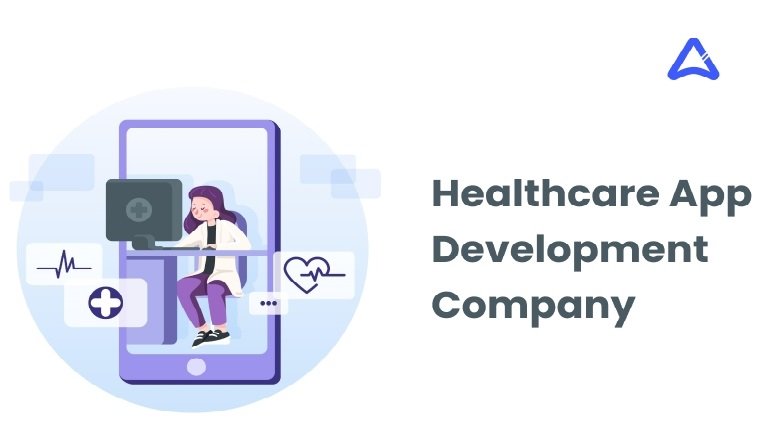9 Things Developers Must Think About Before Creating A Healthcare App
Important Factors to Consider When Developing a Healthcare App in 2022

Here Are The 9 Things You Must Consider While Building An Healthcare Mobile App
- Various App Stores
To keep up with the culture of today, it’s important that software can adapt to any device types. That way, smartphones are able to run on Adobe Air and Android at the same time.
For patients to access your while on the road, a dynamic healthcare application with interactive features is more tailored for smartphones. Apps designed for tablets can incorporate more features than their smartphone equivalents if you invest in hiring good mobile app development services.
- Compatibility
People frequently wonder how, but synchronization is the key to effective management. The healthcare sector thinks working remotely makes it impossible to stay in sync with a centralized management system. False.
When creating healthcare mobility solutions, the app developer must consider the app’s interoperability with the clinical management system utilized by the entire team. For this reason, the software that includes the capacity to fix appointments instantly is cloud-based, boosting real-time data transfer and scalability.
- Development of UI/UX
User Interface (UI) and User Experience are crucial for any program, including those in the healthcare industry (UX). Healthcare software often uses both doctors and patients, so there is an emphasis on the development of its interface and UX.
Developer try to prevent patients from becoming stuck or lost when scheduling appointments by designing the websites to be user-friendly. On the other hand, doctors should find it simple to document their patient visits or online sessions promptly.
- Integration of API
An API is a set of tools or protocols that interact with either specific software modules or the entire software.
The initial use case is that the device is connected to the central server by the API request as soon as the patient or doctor enters their login credentials. Additionally, one must incorporate API components to authenticate the device to use the central patient list online. Every doctor, nurse, and another medical professional who works in a hospital desires to have this functionality. Engage a reliable iPhone app development company to develop such an app.
- Iterative Design
A new project offers a wide range of scalability options, but having them all in one place could be confusing for clients. Agile programming enables engineers to produce functional code via an iterative process.
- Data Security
The app is an excellent option because it communicates with the services running on the clinical management system. On the other hand, the app servers are are designed to boost performance but do not offer complete data protection..
Additionally, the information transmitted between the device and the remote server is open to exposure to the authorities, dishonest businesses, or dishonest individuals.
- Security of Devices
According to Appstudio, an app protection firm, Android apps are less secure than iOS apps. Moreover, most IT Consultants advise against developing Android apps for apps where data security is of the most importance. It is hard to escape 80% of the mobile market with Android, so many mobile marketers should focus on this.. But it is always a good idea to hire an iOS app designer to design your app for security.
- Minimum Viable Product (MVP) (MVP)
A minimum viable product (MVP) is a software program that primarily serves one or two functions and has only the most basic features and functionalities. Its architecture is the most straightforward, and as a result, it provides the most pleasing user experience. However, remember that the MVP is only the first phase, so you should add more complex features and functionality in your healthcare application development to better serve your app’s users.
Conclusion
The program’s fate is ultimately determined by the user’s dependence and the application’s performance. Our professionals at AppStudio ensure that your healthcare app is created to last in the market, is user-friendly, and addresses a variety of user difficulties. The end-user also continuously evaluates the healthcare application’s performance and quality. The app must be updated and well-maintained if success is the end goal.



